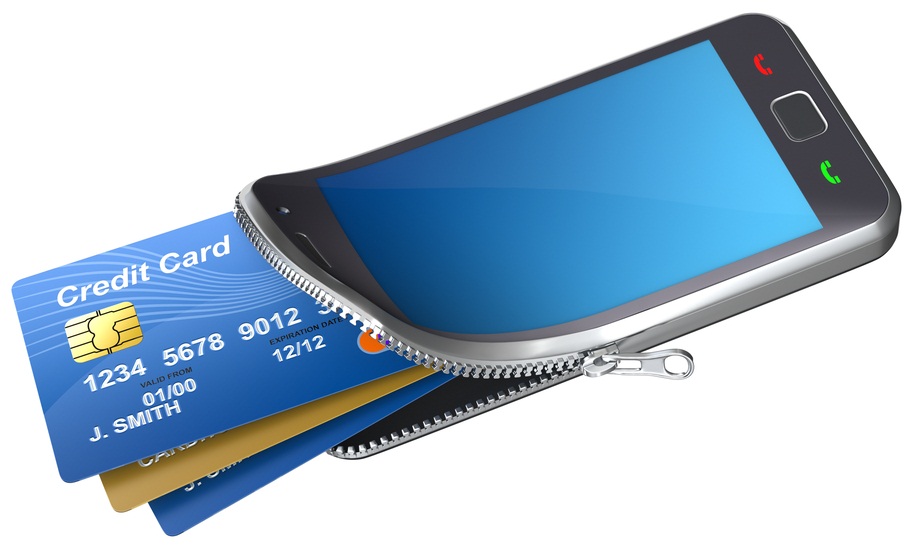The much anticipated digital wallet battle invoked another contender in August as a number of top US retailers joined forces to create a new service for the mobile payment revolution.
On Wednesday, August 15th, a number of retailers including Wal-Mart, Target, Best Buy Co, 7-Eleven, Sears Holdings and Shell Oil Products US announced that they are jointly creating the Merchant Customer Exchange (MCX), an application payment system that will be available on “virtually any smartphone” firmly adding themselves to the growing list of mobile payment solutions.
The interesting twist to the MCX application is that it could well give these retailers a true hold on customer wallets as it plans to withhold not just the mobile payment solution, but a combination of downloaded vouchers, gift cards and loyalty schemes enabling them to close the sale within the app – and keep them returning.
“MCX will leverage mobile technology to give consumers a faster and more convenient shopping experience while eliminating unnecessary costs for all stakeholders,” said Mike Cook, corporate vice president and assistant treasurer, Wal-Mart. “The MCX platform will employ secure technology to deliver an efficiency-enhancing mobile solution available to all merchant categories, including retail stores, casual dining, petroleum and e-commerce.”
“We believe MCX is uniquely qualified to offer the most comprehensive mobile payment options for consumers,” said Terry Scully, president of financial and retail services, Target. “By participating in MCX, merchants are in a position to effectively deliver innovative payment approaches that aren’t available today.”
“As merchants, no one understands our customers’ shopping and payment experience better than we do, and we’re confident that together we can develop a technology solution that makes that experience more engaging, convenient and efficient,” said Mark Williams, president of financial services, Best Buy.
Ownership of the Digital Wallet
This announcement is the latest to add fuel to the fire over who will own the digital wallet. It’s an area that has recently seen Google, Visa, Mastercard, Mobile Carriers and Tech Start-Ups creating mobile payment solutions – a heavyweight set of competitors who know that the hold they could have on this lucrative market.
There seems to still be an unsure timeframe for mass NFC-related roll out across mobile handsets, and even Apple’s passbook hasn’t launched with NFC functionality and instead opting for a semi-safe interim platform in QR codes. It’s therefore most likely an NFC-enabled iPhone is still some way off, especially with the recent iPhone5 lacking the hardware.
Involving Performance-based Marketing?
Where does this leave performance-based marketing? We’ve seen a real shift in how disrupting and influencing the customer journey has become the primary focus for many publishers as they look to create new platforms and offerings that are increasingly accessible to the ‘agile’ consumer.
The sheer potential of being able to deliver discounts to a consumers digital wallet that are redeemed either online or in-store (and payable on performance metrics) is too good to miss, however the shift in how advertisers and publishers get to the point of being able to disrupt today’s consumer is important. This move begins with the shift in online to m-commerce, and then on to the realm of digital wallets.
Avoiding the Monopoly
To avoid the potential monopoly that such digital wallet heavyweights could hold from the start of the customer journey to the finish line, I’d personally be thinking about how I can integrate with them to offer something different. How?
What is it that we do as performance-based marketers that these larger companies don’t? Is it about knowing your users, knowing how to drive them to the shopping basket or knowing how to influence customers to utilise you before and during (and sometimes after) they hit the basket?
This is an interesting development that I’ll be closely following over the coming months. You




